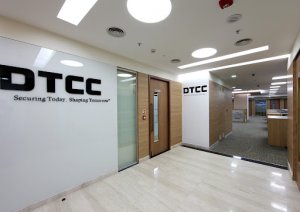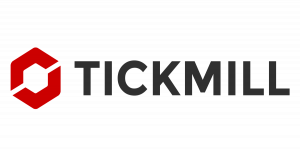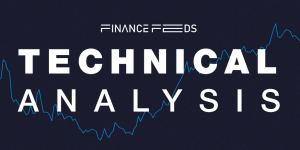SEC v. Ripple: “Stakeholders’ engagement with ledger system” is key, says expert
“A distinction must be made based on the nature of stakeholders’ engagement with the ledger system, not the number of tokens they hold”.

The complaint filed by the Securities and Exchange Commission (SEC) against Ripple Labs and co-founders Brad Garlinghouse and Chris Larsen continues to attract the attention of experts of law, economics, and technology.
Bronwyn Howell, a New Zealand-based academic who is a nonresident senior fellow at the American Enterprise Institute, has commented on the ongoing lawsuit in which the SEC claims Ripple raised over $1.3 billion through an unregistered, ongoing digital asset securities offering.
The defendant not only states it never held an initial coin offering but also claims the US regulator failed to provide fair notice, which is Ripple’s favorite line of defense as it has the potential to nullify the Howie Test and “save the industry from the SEC“.
The Howie Test, which is also being put into question by Rutgers Law School academics, says if the ledger operation’s value changes due to the efforts of the “product maker” to boost the value of the “product,” and if this is reflected in the value of the tokens, then the tokens represent shares in the system.
The SEC claims XRP is the product of the Ripple decentralized ledger system (DLS) and also a share in it, not a currency. Its claim is further supported by the fact that the development of the software to operate the DLS was funded by capital raised from individuals who were rewarded with tokens.
That is Bronwyn Howell’s first objection to the regulator’s approach: “If the SEC succeeds in making the only difference in how tokens are classified the way their development was funded, then future options for funding cryptocurrency development will be severely constrained”.
Treating DLS firms as classic shareholder-owned entities is not helpful because tokens perform two separate functions: as the product of the DLS and as a share in the system, Howell explained. “Yet a token is unlike a share in a firm because decentralized ledgers are (allegedly) ownerless.”
“Since token ownership is a necessary condition for trading in these systems and stakes can differ, even if holdings do not, it is not helpful to consider all token holders identically or only token holders as capable of controlling token value. A distinction must be made based on the nature of stakeholders’ engagement with the ledger system, not the number of tokens they hold.”
“We also found that when tokens were acquired could matter: Tokens awarded to remunerate the voluntary effort of system founders carried the same control power as tokens awarded to initial investors once trading began, but both differed from the control power of tokens acquired by stakeholders engaging with the system subsequently.”
“Thus, the stakes of original token holders should be considered separately from the stakes of those acquiring tokens later”, Howel continued, suggesting to view a DLS as a club or cooperative with different membership classes defined by the nature of their interaction with the system.
“Initial contributions can be seen as fees to different membership types or even as donations. Thus, founding members can pay different fees for different benefits from subsequent members — including the right to be involved in specifying the DLS rules embedded into the software governing the system. Over time, members’ engagement, along with the risks and returns associated with membership, may change. If subsequent actions by different stakeholders govern token numbers, value, and allocation (e.g., miners in bitcoin, app developers in ether, and end-users in XRP) over time, then arguably, as with a club, the benefits and risks are distributed via token ownership quite differently than with security.”
While admitting that tokens can exhibit some characteristics of securities, Bronwyn Howell proposed a new framework that properly regulates distributed ledger systems, but one focusing on their applications, users, and the users’ stakeholdings, rather than shoehorning them into existing frameworks.
In the meantime, the lawsuit is about to provide news about the controversial deposition of ex-SEC Director William Hinman. A hearing has been scheduled for tomorrow, but attorney Jeremy Hogan has warned it is “bad for Ripple“.









